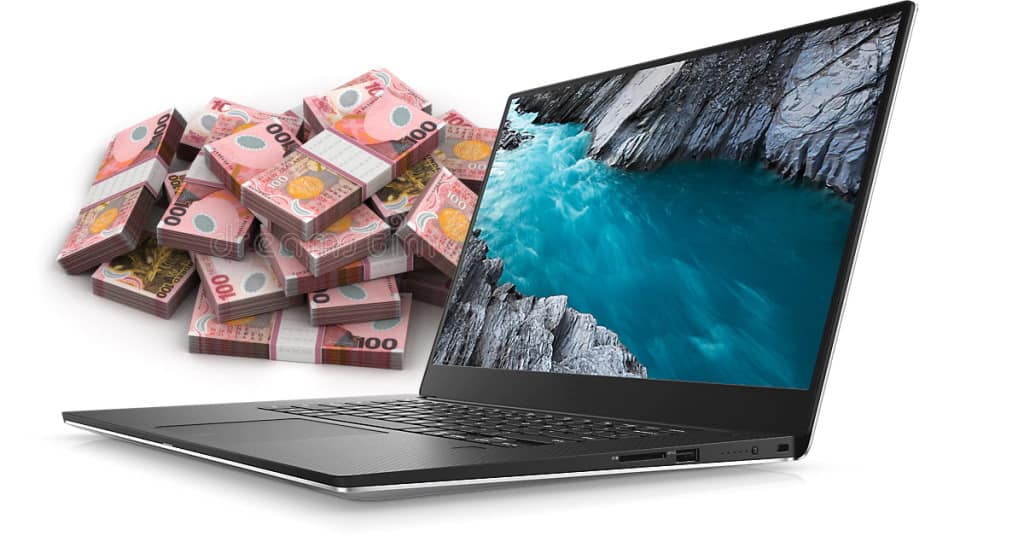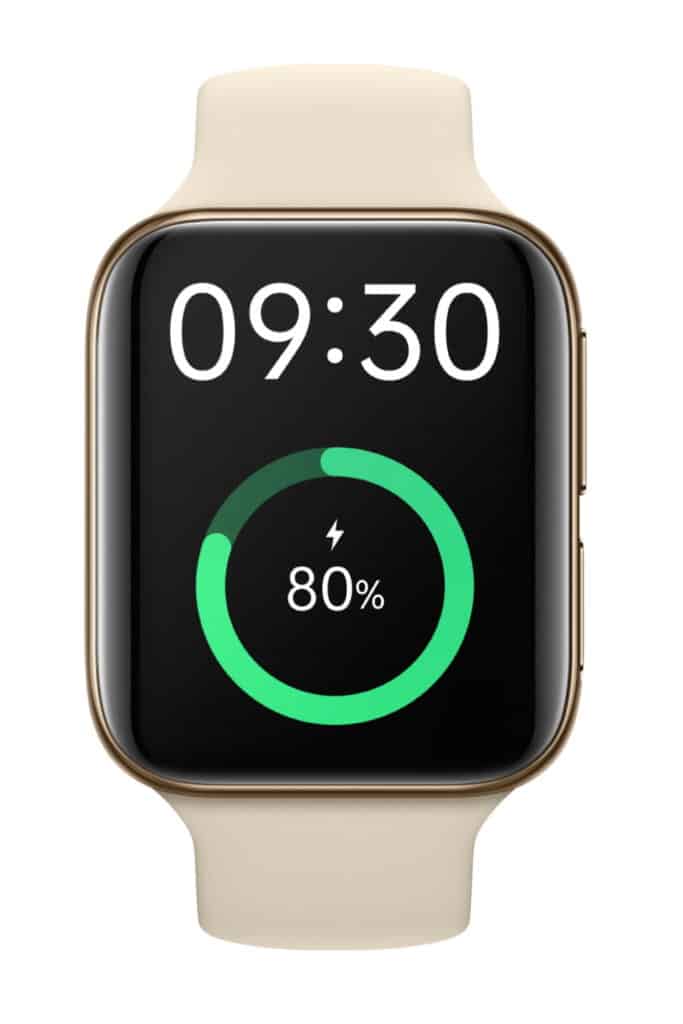What’s the solution to New Zealand’s appalling obesity statistics? CARRIE STEELE goes in search of some healthy ideas.

The election might be over along with all the rhetoric and Judith Collins’ provocative comment that “obesity is a personal choice.” But the fat epidemic isn’t going away anytime soon, and does anyone have the answer?
One sane voice amid the endless blabber was that of Isoa Kavakimotu for his heartfelt and honest view on the subject, as covered in the NZ Herald. He is absolutely right in saying that food prices and food selection contribute to the country’s growing fat problem and all its miserable and costly spinoffs. He agrees that we all have to take personal responsibility in life, but for some people when it comes to food choices, the odds can seem to be stacked against them.
While cultural practices and family traditions can and often do play a major part in our food choices, a factor that simply can’t be overlooked is cost. There’s something amiss when you can buy a fizzy drink for less than it costs to buy a bottle of water, or a burger and a couple of hash browns for five bucks. And I know that you can because after reading Mr Kavakimotu’s piece, I spent a little time Googling on fast food websites just to see how cheap crappy food can really be.

And let’s be honest here, regardless of your socio-economic status, when people are working hard and get really busy, it’s often meal preparation that there’s little time left for, and the doors are always open under the golden arches, or at the Colonel’s place, or the local chippy, or one of a million (it seems) pizza joints and burger outlets.
Interestingly, as my Google search revealed, were I to desperately be craving a plant-based version of some sort of burger on the other hand, at a more ‘upmarket’ burger chain I could indeed find such a thing, but it would set me back $16.90. No $5 combos for me!
Over the years since I’ve been ‘plant-powered’, there are a couple of things that people most often accost me with when they hear I follow a vegan diet. The first one is that I “must save a lot of money not buying meat”. (The one that always baffles me is “do you eat eggs”? I don’t think I need to answer that for the benefit of Witchdoctor readers.) No, I don’t save money. It is most certainly not cheaper to follow a healthy diet. In fact, I spend a lot of money on groceries.
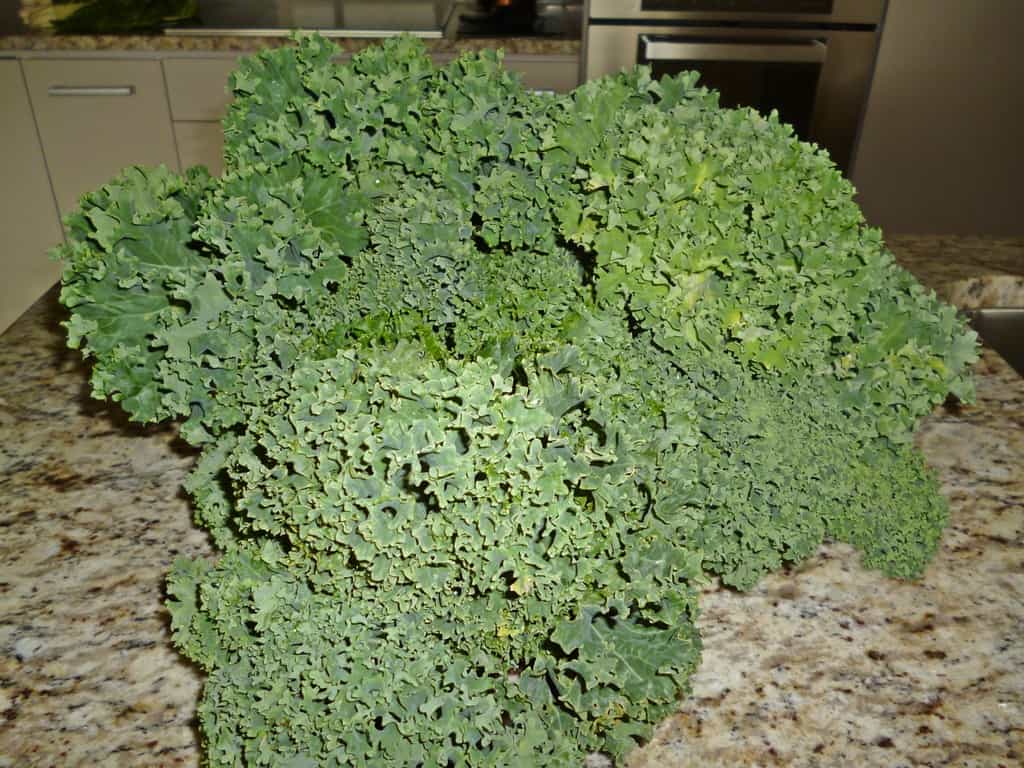
Sure, there are some things I buy that are amazing value for money, such as the three bunches of spray-free kale for $5 at my local Sunday market. On the other hand, the other three bunches that I buy at a local grocer earlier in the week cost me a grand total of $12, so quite a big difference in price. If you’re wondering how two of us get through six bunches of kale a week, it’s not hard, we eat a big salad every day, of kale rather than lettuce. It’s a staple in our diet.
Another factor that adds expense to my diet is that where possible, I choose to buy organic produce. That can up to double the cost of any single item. Many times over the years I’ve heard the argument that research has shown organic produce isn’t more nutritious than conventionally grown produce. Who is arguing that it is? Those of us who choose to buy organic do so because we believe it’s healthier, to avoid the ‘secret ingredients’ that unfortunately can’t be just washed off – the weed killers and pesticides.
Moving on now to the supplementary items I buy that make up my plant-based diet: nuts and seeds, nutritional yeast, cacao powder, Medjool dates if I’m making a raw dessert, the ingredients that take a simple dish from nice to delicious. I’ve talked about ‘treat foods’ in a recent piece, and a slice of a delectable vegan cheesecake at any plant-friendly café is going to cost anywhere from $7.50 to $9.50 for a not overly generous slice. Because I know what the ingredients cost, I can see why such a price is warranted. And no cheap and nasty fillers added.
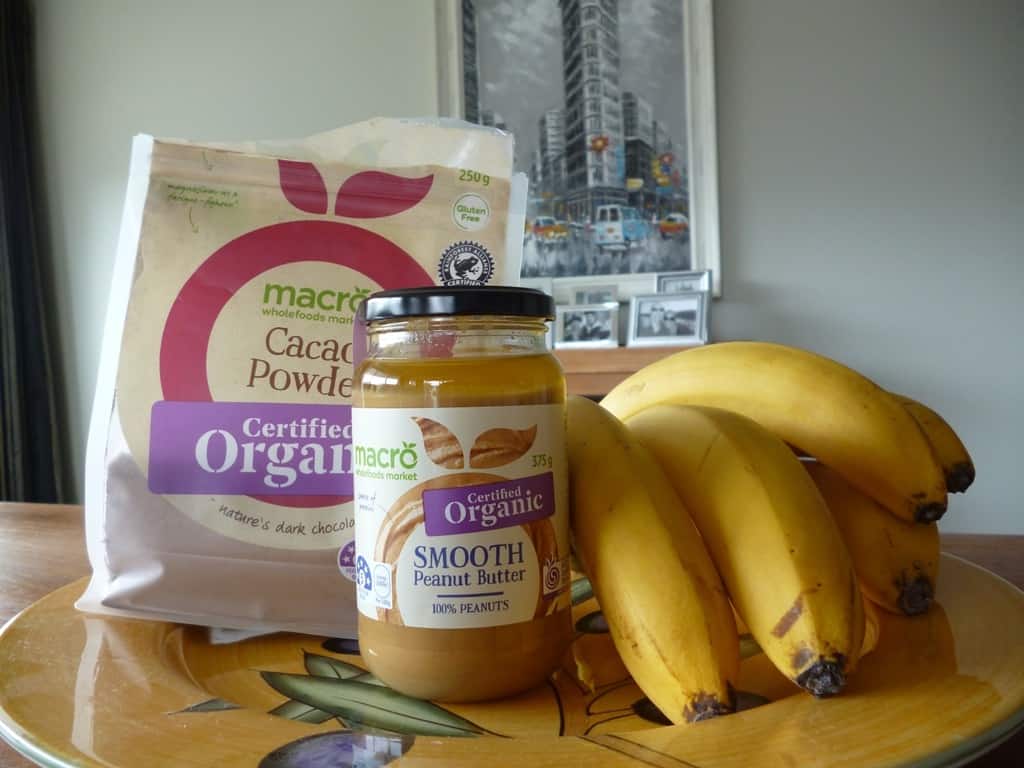
Yes, it can certainly be expensive to eat healthily, so I appreciate the dilemma faced by low-income families. But what makes a person gain weight? It’s not always about quantities, you can pack on the weight just by eating the wrong food. A diet high in processed food, refined sugar, refined grains, and oil, is most certainly going to pack on the pounds. Meat and dairy are also quite calorific. Most of us know all this, but it doesn’t necessarily lead to any radical changes.
It was interesting that when I changed my diet from vegetarian (how I ate for over 20 years) to vegan, in the course of a couple of years I lost about 15kg. It wasn’t a weight loss diet I’d adopted, and I certainly didn’t waste away. I eat very generous meals, but they are totally plant-based with smaller amounts of high-calorie (protein) ingredients like nuts. You can eat a whole lot of plants without having to worry about weight gain, that’s for sure. So that could be a fairly simple way to address obesity. But for most, it would be a massive shift.
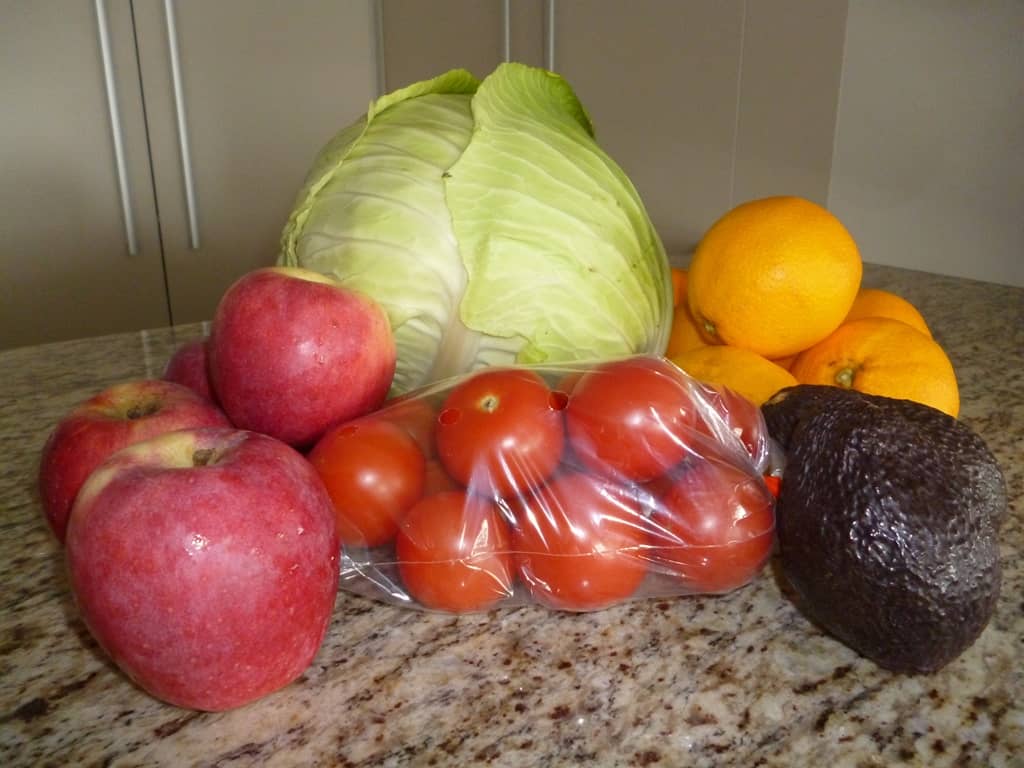
The obesity epidemic affects different populations, though the outcome is always the same. There are those in the situation that Mr Kavakimotu describes, on very limited budgets to buy food, and therefore gravitating to the cheapest food items, and those most readily available. And yes, there are likely also cultural influences and age-old culinary biases. When you are strapped for cash and need to provide lunches for mum and dad and three or four kids, it’s going to be the cheapest loaves of bread you’re buying. And when it comes to dinner, the cheapest cuts of meat are going to be what ends up in the pot. And If you really can buy a pie at the dairy for a dollar, as Mr Kavakimotu mentions, then that’s going to work out cheaper than cutting lunches at all.
Then there are those with much larger incomes who simply like eating certain foods – the more decadent the better – but with little concern about what is healthy. Or perhaps just simply just following the well-trodden path, eating the way we’ve done since childhood. For those in my generation, born in the ‘60s and ‘70s, when housewives discovered the can opener and there were more and more cans you could open and more and more packets, processed food became a normal part of life, and a meal without meat virtually unheard of.
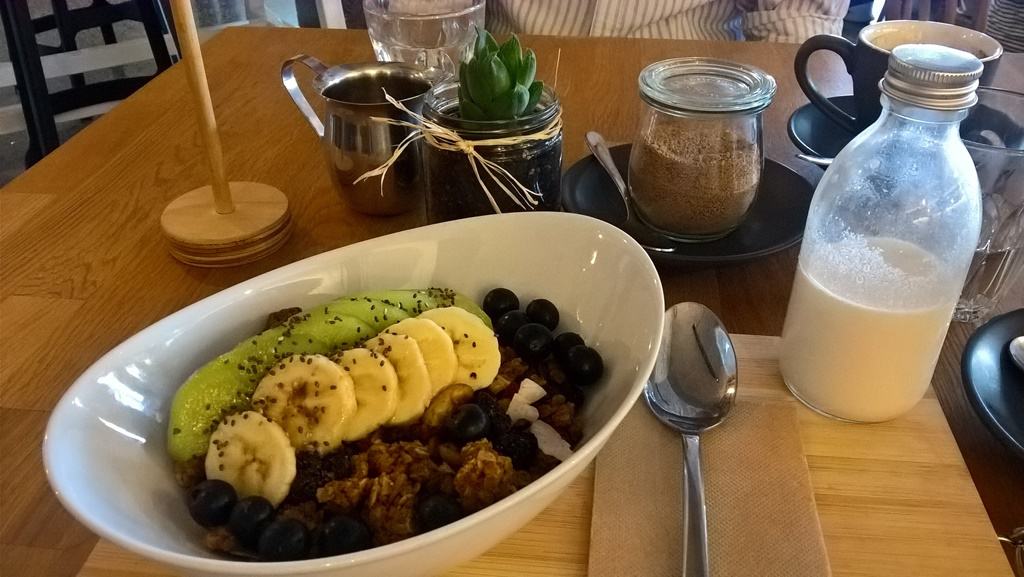
However, the world has moved on, and these days you’d have to have your head firmly stuck in the sand to still believe that way of eating is a healthy one. So then, in fact, it does become somewhat more of a ‘choice’ that if you have plenty of money, you can pretty much buy what you like, and if you don’t have a strong belief otherwise, you’re going to buy what tickles your tastebuds best. And that might well be a diet high in meat, dairy, sweet baked goods, lighter breads, confectionery and a fairly frequent smattering of fast-food take out.
So, what’s the answer? Can we stem the obesity epidemic? It’s not a simple dilemma to address, but I do think that with education, there is a way out. I also think that if the supermarket shelves were cleared of probably about 80 percent of what’s on offer that in itself would fix the problem, but that’s not going to happen. It amazes me on a weekly basis how many items I walk straight past, and how I could do my grocery shop in about five minutes if the items I bought were all grouped together, rather than having to walk down aisle after aisle stacked up with items that quite frankly, I just see as junk food. If they weren’t there, no one could buy them.

They’ve put cigarettes behind locked cabinet doors, so maybe it’s time to do that with biscuits and cheap sugary desserts and packets of chips. And the list of offending items could go on.
Education is a wonderful thing, but it still comes down to affordability. Education could still teach some valuable lessons though – such as encouraging shopping at markets, buying seasonal produce, learning at school how to cook simple dishes to fill up lots of tummies. As with everything in life, it’s about changing the mindset.
Admittedly, there’s an issue around where this ‘education’ might come from. Currently, it clearly isn’t school, and it isn’t your local doctor’s surgery or even your community dietitian. If it was, then the problem of obesity would be diminishing, not increasing.
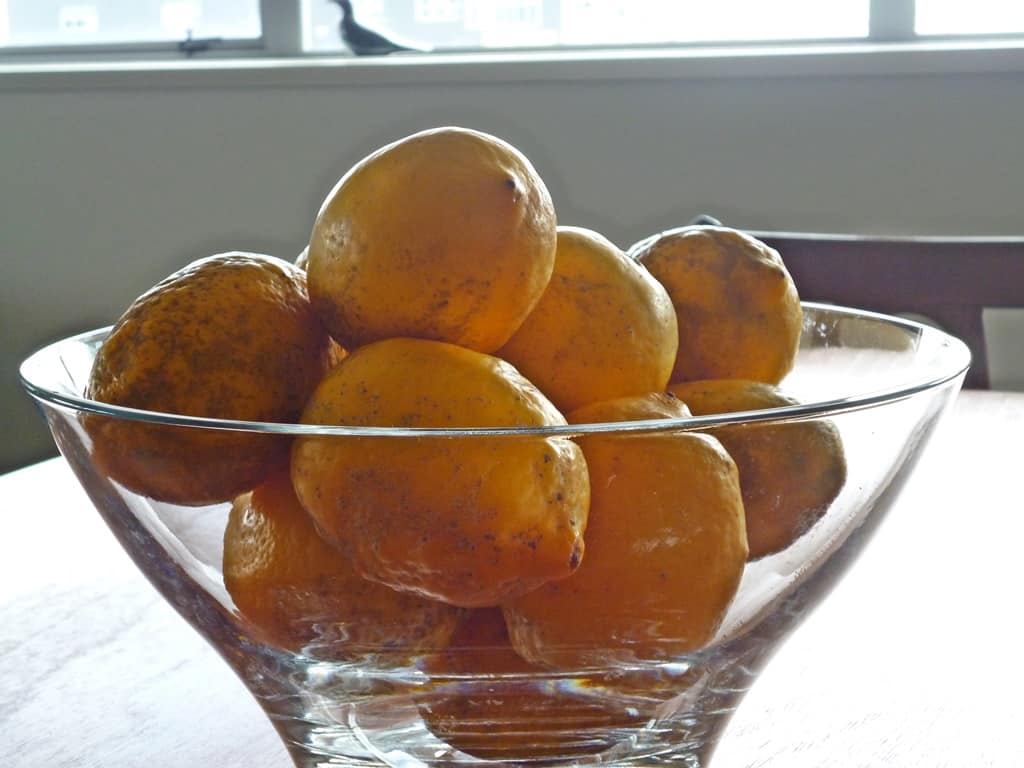
That’s where ‘personal responsibility’ could really make a difference. If you’re packing on the weight, feeling downright sluggish and unhealthy, developing other obesity-related conditions, you know things aren’t good. If obesity wasn’t having a negative effect on people’s lives, and costing the public health system squillions, we wouldn’t be having this conversation at all. Obesity would just be a fact of life, like having brown hair, or blonde hair, or being tall or short.
The fact of the matter is that any advice and guidance being offered is simply not going far enough. Surely the time has come for the naysayers to listen to the doctors and other health professionals who have got so sick of cutting people’s chests open to operate on their severe diet-induced heart disease. Perhaps it’s time to admit that the old well-touted spiel about ‘everything in moderation’ is in fact, a big fat (no pun intended) cop-out. I suggest that it would be of the utmost value if well-intentioned health professionals who find themselves at the coal-face of the obesity epidemic would dare to do the same. To start off, they could deliver the bad news that takeaways any times a week is to be avoided at all cost. They could admit that to live healthy lives, people need to resort to the old fashioned practice of cooking real food.
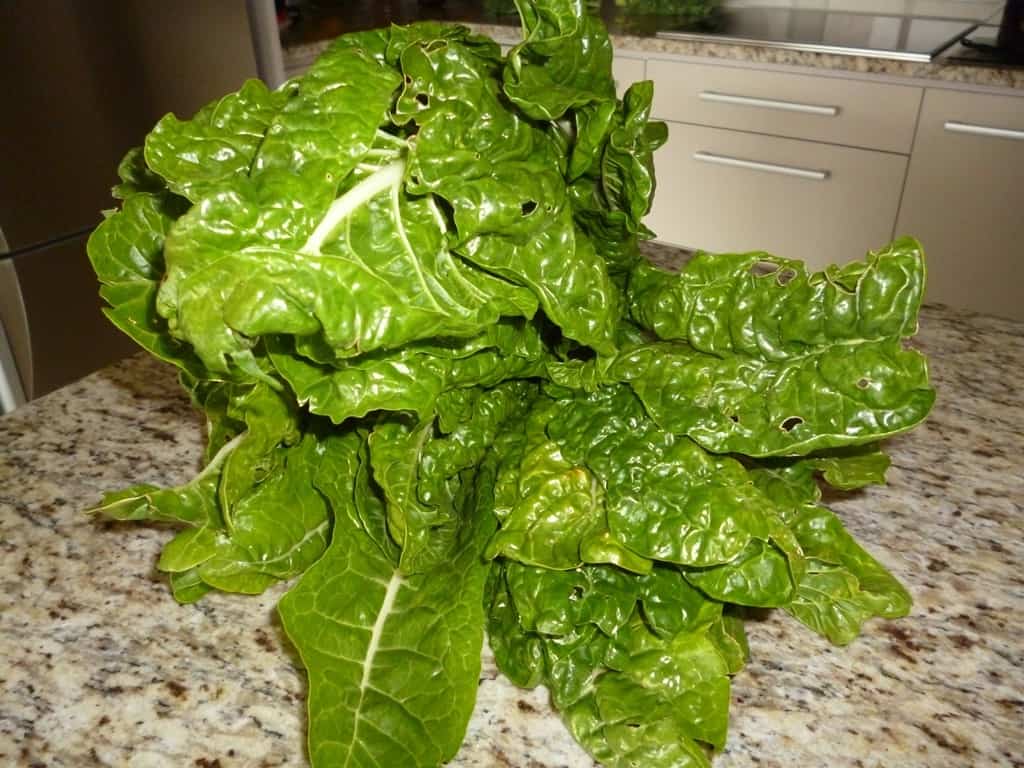
I don’t have all the answers, just thoughts, and a few provocative suggestions that I hope might raise some discussion. Oh, and a deep appreciation of vegetables, particularly green ones, along with an abiding wish that we could rid the world of food that is not life-affirming.
Hippocrates said, “Before you heal someone, ask him if he’s willing to give up the things that make him sick.” Isn’t it sad that what is making a lot of us sick (and obesity is not a state of wellness) is what is sitting on the dinner table, be it by choice, or financial necessity?








